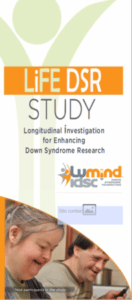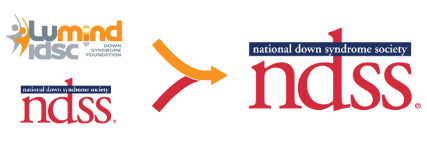During the holiday season, we are all asked to donate money to causes that we care about to make the world a better place.
With this in mind, it is also important to remember that volunteerism is also an important way to contribute. Some people donate their time at their church, at a school or they might serve food to people in need. However, volunteering to participate in scientific research is another important way to contribute and this could also lead to new treatments for disease.
Last month, Bill Gates wrote a blog about the importance of participating in Alzheimer’s clinical trials. His article reminds us that one of the biggest barriers to new treatments for Alzheimer’s diseases is the challenge of finding people to participate in clinical trials. This may not seem like an obvious problem with over 5 million Americans with Alzheimer’s. However, by the time they identify the symptoms and consider participation the disease has progressed to the point where drug candidates will be unlikely to be helpful.
This is why people with Down syndrome have a unique and important role in Alzheimer’s clinical trials. Decades of research and an increased lifespan have confirmed that our valued friends with Down syndrome are genetically on the path to early onset Alzheimer’s. They could not only greatly benefit from access to potentially life-saving treatments but also be great candidates for clinical trials by participating even before symptoms occur.
At LuMind IDSC, we speak regularly to pharmaceutical companies about why it is important to include people with Down syndrome in Alzheimer’s clinical trials. However, people with Down syndrome and their families also need to be ready and willing to participate in trials when asked. This is important for research of new treatments in areas other than Alzheimer’s too. Often, the slowest step in any clinical trial is recruiting people to participate.
 At LuMind IDSC, we offer resources for people to find trials that they might want to consider participating in. The clinical trial finder on our website is an easy-to-search list of active clinical trials specifically for people with Down syndrome. LuMind IDSC is also leading a natural history study of adults with Down syndrome at risk for Alzheimer’s disease called the LIFE-DSR study. We are actively recruiting at 11 sites nation-wide.
At LuMind IDSC, we offer resources for people to find trials that they might want to consider participating in. The clinical trial finder on our website is an easy-to-search list of active clinical trials specifically for people with Down syndrome. LuMind IDSC is also leading a natural history study of adults with Down syndrome at risk for Alzheimer’s disease called the LIFE-DSR study. We are actively recruiting at 11 sites nation-wide.
In this season of giving and gratitude, it is important to remember that the standard treatments used today to keep us healthy or treat disease were once experimental treatments. They are treatments today because of the courageous people and families that agreed to participate in clinical trials. People with Down syndrome are living longer with improved lives thanks to past research, but there is still more to do. With your help, the future will be even brighter for people with Down syndrome. In the spirit of the holidays, we hope that you consider giving the lasting gift of science, knowledge and health by volunteering for a clinical trial. It might be a gift that helps people for many, many years to come.Author: James Hendrix, Ph.D. LuMind IDSC Foundation
